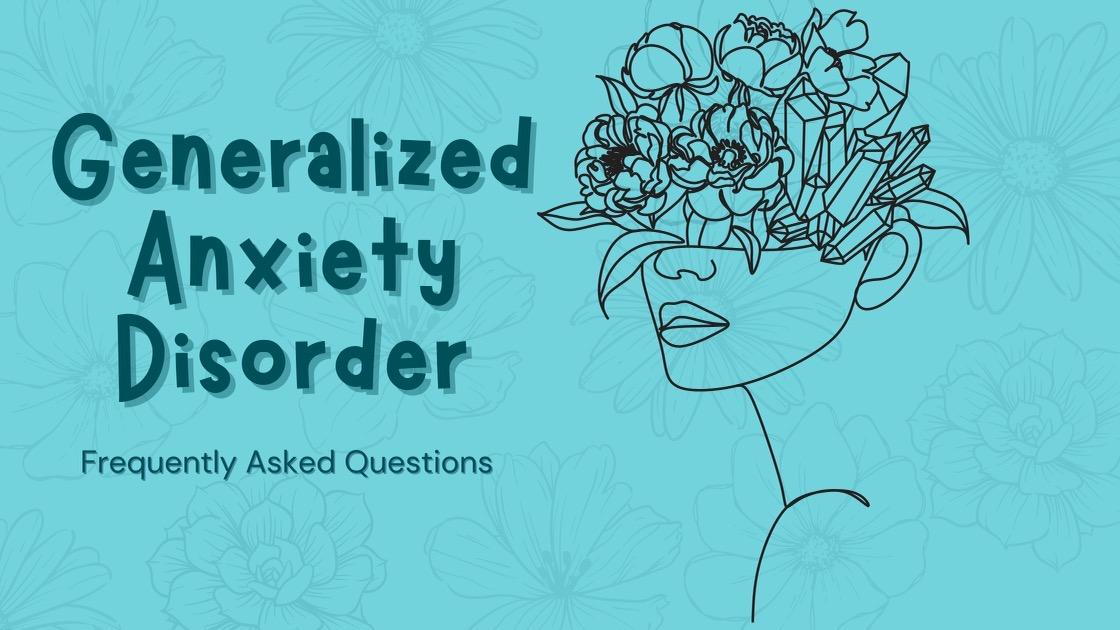
Everyone tends to worry at some point, whether it is about a job interview, your health, finances, or your relationships. For some people, these worries don’t interrupt their daily life, but for others, these worries are excessive. Generalized anxiety disorder (GAD) is a type of anxiety disorder characterized by excessive worrying. Those with GAD tend to worry even when there is no reason to worry and often assume the worst outcome possible. 5% of the US population will experience symptoms of GAD at some point in their life. It is common, but it is still misunderstood. Here are some common questions about generalized anxiety disorder:
1. What are some of the common symptoms of GAD?
Excessive worrying, assuming the worst outcome possible, issues sleeping, physical symptoms (headaches, stomach aches, muscle soreness), fatigue, perfectionism, trouble concentrating, irritability
2. What causes GAD?
The exact cause is still being explored, but anxiety disorders often run in families and are biological in nature. Some risk factors for developing GAD include genetics, brain chemistry, and life experiences.
3. What is the treatment for GAD?
Treatment for GAD often is a mixture between medication and therapy. Cognitive behavioral therapy (CBT) has been found to be effective. Treatment does not “cure” GAD, but it does help you learn new ways of thinking and behaving so that you can better manage your worries and feelings of anxiety.
4. How can I support myself and others with GAD?
Educate yourself, communicate, know when to look for help. Explore the warning signs, learn about treatment options, and keeping up to date with current research is a good way to help yourself and others who may be struggling with GAD. If you are experiencing symptoms, communicate with someone you trust. If you believe that a loved one may be struggling with GAD, try to communicate with them and reassure them of your support. If you or a loved one is experiencing anxiety that is affecting your daily life, a good option is to seek professional help. Talk to a healthcare professional about your mental health, your concerns, and your options.
SAMHSA’s National Helpline is a free, confidential, 24/7, 365-day-a-year treatment referral and information service for individuals and families facing mental and/or substance use disorders. Call: 1-800-662-HELP (4357).
